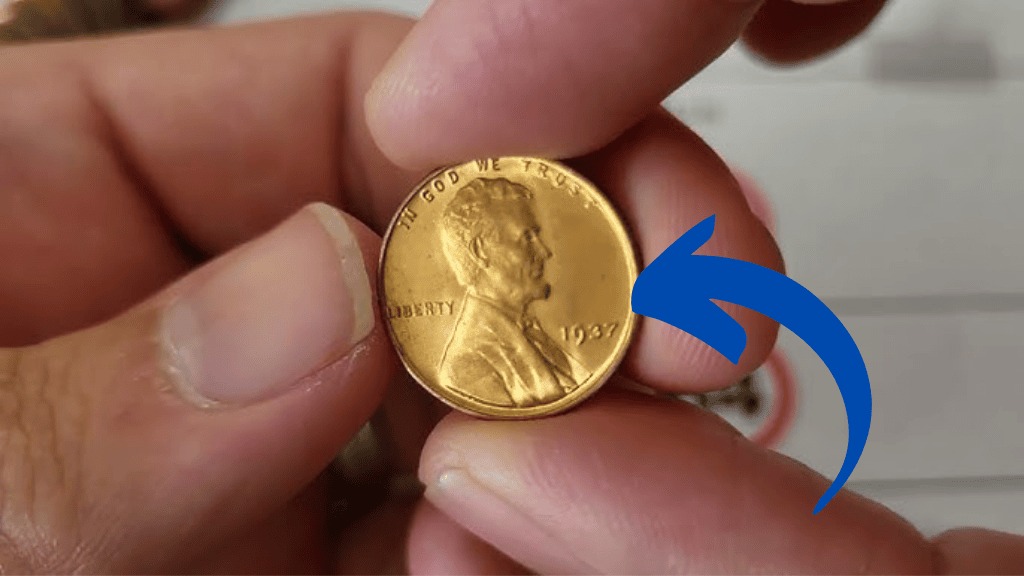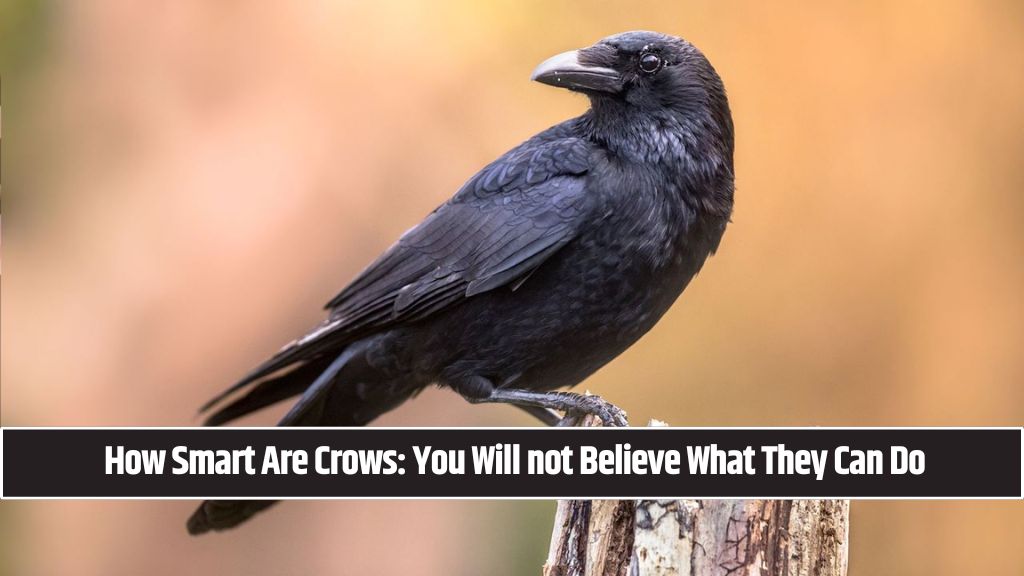Macaws are among the most recognizable and beloved members of the parrot family (Psittacidae). With their vibrant feathers, playful personalities, and impressive intelligence, these birds have been popular pets for centuries. However, owning a macaw requires significant time and commitment, as these birds are large, social, and can live for decades.
If you’re fascinated by these stunning birds, here are some amazing facts about macaws that will help you understand them better.
1. Macaws Are the Largest Parrots
With over 400 different parrot species, macaws hold the title for the largest of them all.
Size and Weight:
- Macaws typically weigh between 2 to 4 pounds, which is quite heavy for a bird.
- The hyacinth macaw is the largest, growing up to 3.5 feet (105 cm) long from beak to tail.
- Their wingspan can reach an impressive 60 inches (5 feet).
Mini Macaws:
- Some macaws, known as mini macaws, grow to only 12 inches in length, similar in size to conures or large parakeets.
Regardless of size, most macaws share a distinctive feature: the bare rings of skin around their eyes, which help differentiate them from other parrot species.
2. Macaws Can Live for Generations
One of the most important things to consider before adopting a macaw is their lifespan.
How Long Do Macaws Live?
- Many macaws live 50 to 80 years in captivity with proper care.
- It’s common for macaws to outlive their owners, making long-term care planning essential.
- Adopting an older macaw from a rescue can be a great way to provide a forever home for these birds.
3. Hybrid Macaws Exist Due to Breeding
While macaws occur naturally in the wild, breeders have also developed hybrid macaws by crossing different species.
Popular Hybrid Macaws:
- Catalina Macaw (Scarlet Macaw × Blue-and-Gold Macaw)
- Harlequin Macaw (Blue-and-Gold Macaw × Green-Winged Macaw)
- Camelot Macaw (Catalina Macaw × Scarlet Macaw)
Although hybrid macaws are known for their striking colors and personalities, some bird lovers oppose hybrid breeding, as these birds do not exist in the wild.
4. Macaws Have Incredibly Strong Beaks
- Macaws are known for their powerful beaks, which they use for:
- Cracking open nuts and seeds
- Climbing and gripping objects
- Defending themselves when necessary
Hyacinth Macaws: The Strongest Beak
- The hyacinth macaw has one of the most powerful beaks among parrots.
- It is strong enough to crack open a coconut shell with ease.
While macaws can be affectionate, their beaks make them a poor choice for inexperienced bird owners, as a bite from a macaw can cause serious injury.
5. Macaws Are Highly Social Birds
Macaws are extremely social and intelligent creatures. In the wild, they live in flocks and spend their time communicating, playing, and foraging together.
What Happens if a Macaw Gets Lonely?
- A macaw that lacks socialization can develop behavioral problems such as:
- Loud vocalization (screaming and squawking excessively)
- Feather plucking (pulling out their own feathers due to stress)
- Chewing and destruction (they will chew on furniture, doors, or anything wooden)
How to Keep a Macaw Happy:
Spend several hours daily interacting with them
Provide plenty of toys for mental stimulation
Consider adopting a second bird for companionship
6. Macaws Are Not for Everyone
While macaws are beautiful and entertaining, they require experienced and committed owners.
Challenges of Owning a Macaw:
- Space Requirements: Macaws need large cages and space to fly or roam.
- Noise Levels: Macaws can be extremely loud, making them unsuitable for apartments.
- Long-Term Commitment: Since they can live up to 80 years, owners must be prepared for a lifetime of care.
If you’re considering adopting a macaw, be sure to research their needs and ensure you can provide them with the time, space, and socialization they require.
Macaws are some of the most fascinating birds in the world. Their intelligence, beauty, and playful nature make them wonderful pets for the right owner. However, they require a significant commitment, including proper care, socialization, and long-term planning. If you’re up for the challenge, a macaw can be a loyal, lifelong companion filled with personality and affection.
FAQ’s
How big do macaws get?
Macaws can range from 12 inches (mini macaws) to 3.5 feet (hyacinth macaw). They can also have a wingspan of up to 60 inches.
How long do macaws live?
Macaws have a long lifespan of 50 to 80 years in captivity. Some even outlive their owners, so long-term care planning is essential.
Are macaws good pets for beginners?
No, macaws are best suited for experienced bird owners. They require significant time, socialization, and proper handling due to their strong beaks.
Do macaws need a lot of social interaction?
Yes, macaws are highly social birds. Without enough interaction, they may develop behavioral issues like screaming, feather plucking, and destructive chewing.
Can macaws talk?
Yes, macaws are excellent mimics and can learn to say words and phrases. However, their talking ability varies based on the individual bird and training.

















